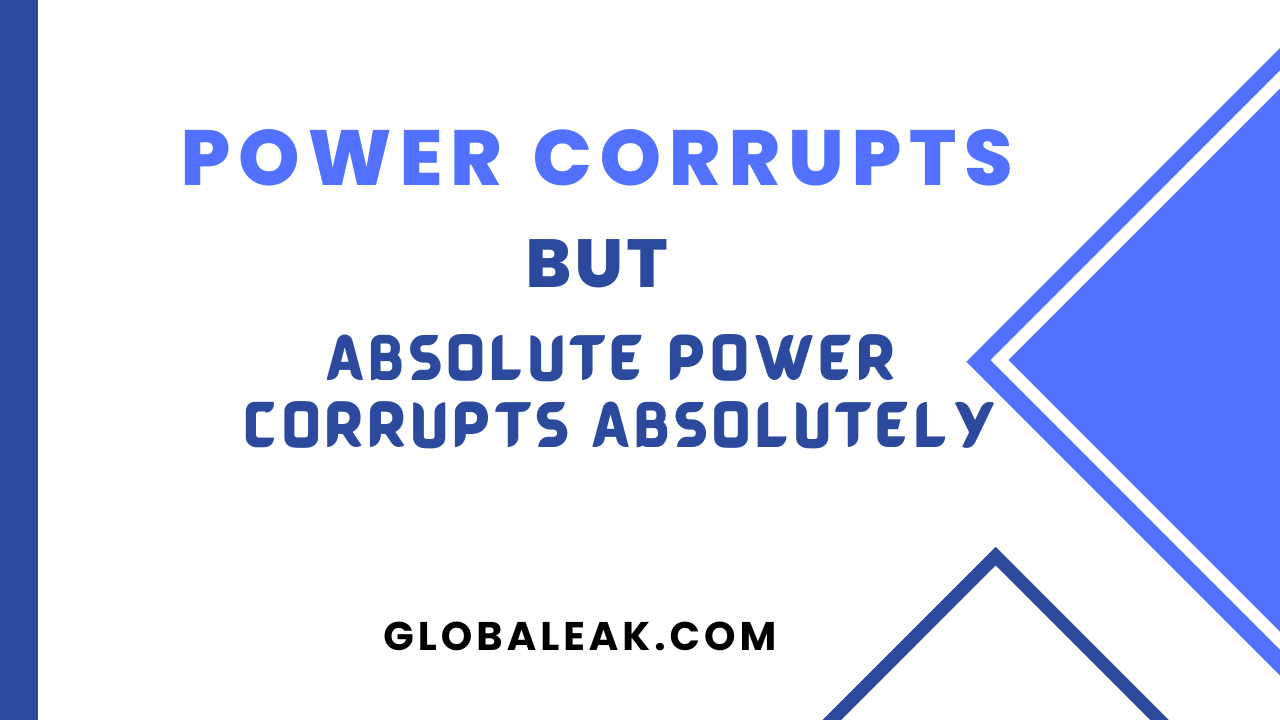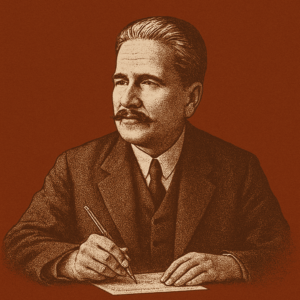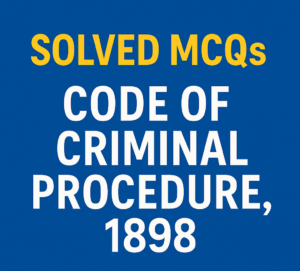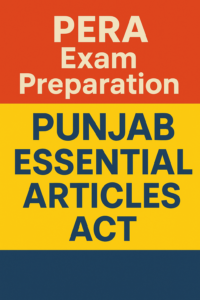1)- Introduction
The statement “Power Corrupts but Absolute Power Corrupts Absolutely” is a famous aphorism attributed to Lord Acton, a 19th-century British historian. This statement suggests that individuals in positions of power are more likely to become corrupt and abusive of that power. Moreover, when a person holds absolute power, their corruption becomes even more pronounced. In this discussion, we’ll explore the implications and nuances of this idea.
2)- A bird’s eye view of the statement
At a high level, the statement highlights the inherent risk of corruption that comes with having authority and influence over others. When people gain power, they may be tempted to misuse it for personal gain, suppress dissent, and act in ways that are contrary to the common good. However, the key distinction lies in the term “absolute power.” Absolute power refers to a situation where an individual or entity has unchecked authority with no accountability or constraints. In such circumstances, the potential for corruption and abuse is magnified because there are no checks and balances to prevent it.
3)- What is power?
- possession of control
- ability to influence
4)- Various types of power
- political power
- military prowess
- soft power influence
- social strength
5)- How power corrupts?
- power tends to make people egoistic
- power gives a sense of superiority
- power often makes people proud and self-centered
- power increases lust for absolute authority
6)- Manifestations of the argument that absolute power corrupts absolutely
- Unwise use of absolute political power by monarchs
- Nepotism and financial corruption by the administration
- Illegitimate use of military muscles by powerful countries
- Unnecessary financial pressures on weak economies by strong ones
- Improper use of available means and resources by those in power
- Wrong use of ideological powers by religious leaders
- Illicit use of technological powers against perceived enemies
7)- The impact that absolute power creates on people
- spreads a sense of deprivation
- lawlessness and trust deficit
- economic and social inequalities
- compromised human development
- an environment of fear and terror
- injustice and exploitation of fundamental rights
8)- Way forward to minimize the use of absolute power and therefore absolute corruption
- devolution of power to locals
- across-the-board accountability
- trust build up tactics
- just distribution of resources and opportunities
- moral lessoning of people and societies
9)- Conclusion
Throughout history, we can find numerous examples of individuals who, when given absolute power, have engaged in tyrannical and oppressive behaviors. The statement warns against the dangers of concentrating power without oversight, emphasizing the need for democratic and institutional checks to prevent absolute corruption.
This idea has been a significant theme in political and ethical discussions, reminding us of the importance of maintaining a balance of power and accountability in any system of governance. It serves as a cautionary reminder that even the most well-intentioned leaders can succumb to corruption when they have no limitations on their authority.
📍 English Language Educator | Blogger & Content Strategist | 7+ Years in Educational Blogging
Nosheen Bashir is a dedicated English teacher and experienced blogger with over seven years of expertise in content creation and educational writing. Passionate about language, literature, and effective communication, she combines her teaching experience with blogging skills to create insightful, research-backed content that helps learners and educators alike.
🔹 Expertise & Achievements:
✔ English Language Education: A skilled educator with years of experience in teaching English grammar, literature, and communication skills to students of varying levels.
✔ Educational Blogging: Running a successful blog for 7+ years, delivering well-structured, engaging content on language learning, writing techniques, and academic success.
✔ SEO & Content Strategy: Specializes in creating high-ranking, authoritative articles that follow Google’s EEAT principles, ensuring content that is both informative and search-friendly.
✔ Student-Centric Approach: Committed to making English easier, engaging, and accessible, helping readers and students improve their language proficiency.
🚀 With a passion for teaching and writing, Nosheen Bashir is dedicated to crafting educational content that empowers students, teachers, and language enthusiasts worldwide.









